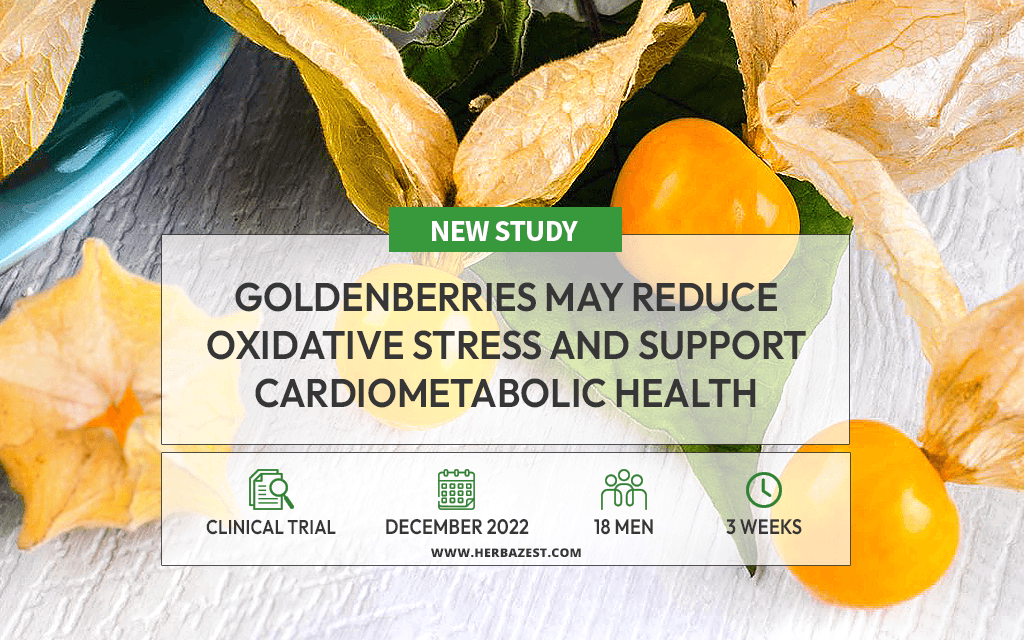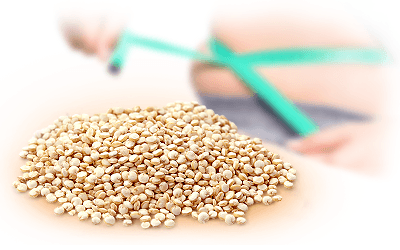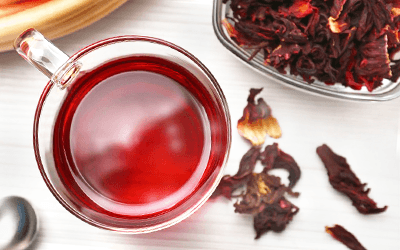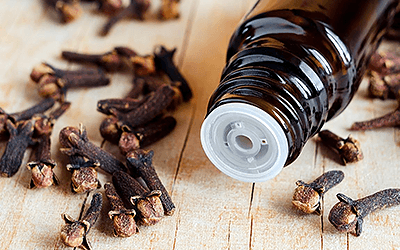Goldenberries (Physalis peruviana), also known as Incan berries or cape gooseberries, are small tropical fruits with a bold, citrusy flavor. Beyond their vibrant taste and golden hue lies an impressive nutritional profile, rich in antioxidants and bioactive compounds. Traditionally used in folk remedies, these fruits are now receiving serious scientific attention for their potential health benefits.1 As concerns around metabolic disorders continue to grow, foods like goldenberries may offer gentle, natural support, without the need for pharmacological interventions.
The Study
To explore the real effects of goldenberries on human health, Colombian researchers from the La Selva Research Center conducted a three-week nutritional intervention. Eighteen adult men, aged 27 to 49, consumed the Dorada variety of goldenberries daily. The study took a comprehensive approach, evaluating not just blood markers but also gut microbiota.
Using advanced tools like liquid chromatography-mass spectrometry and 16S rRNA gene sequencing, scientists assessed how goldenberry intake influenced oxidative stress, intestinal permeability, inflammation, and the composition of the gut microbiome. They also searched for specific chemical compounds in the body that could indicate consistent fruit consumption.
The Results
Two natural compounds, syringic acid and kaempferol, were identified as reliable indicators of goldenberry intake, potentially paving the way for future nutritional tracking. More notably, participants experienced a reduction in 8-isoprostane levels, a biomarker of oxidative stress. This points to a possible antioxidant effect, which could help reduce the damage caused by free radicals in the body.
At the same time, there were slight increases in gut permeability markers, suggesting some interaction with the gut lining. Importantly, these changes occurred without triggering significant inflammation.
When it came to gut microbiota, goldenberries did not produce a single consistent shift. Instead, changes were highly individualized. Each participant's gut community evolved in its own way, and these personal microbiome patterns were more stable over time than influenced by the fruit, even a month after the intervention ended.
What Does this Mean?
Goldenberries may offer a gentle, food-based strategy for supporting oxidative balance and gut integrity, two important factors in cardiometabolic health. While their effect on gut bacteria isn't one-size-fits-all, this may highlight their adaptive nature, working with each person's unique microbiome.
Though more rigorous trials are needed to further explore goldenberries' benefits for cardiometabolic health, adding them to a daily diet could be a flavorful, functional way to nourish the body from the inside out.
Other herbs that might be beneficial for cardiometabolic health are peanuts, flax, green tea, and lentils.
Sources
- Food Research International, Consumption of golden berries (Physalis peruviana L.) might reduce biomarkers of oxidative stress and alter gut permeability in men without changing inflammation status or the gut microbiota, 2022
Footnotes:
- Nutrients. (2024). Daily Consumption of Golden Berry (Physalis peruviana) Has Been Shown to Halt the Progression of Insulin Resistance and Obesity in Obese Rats with Metabolic Syndrome. Retrieved August 4, 2025, from https://pmc.ncbi.nlm.nih.gov/articles/PMC10857591/







